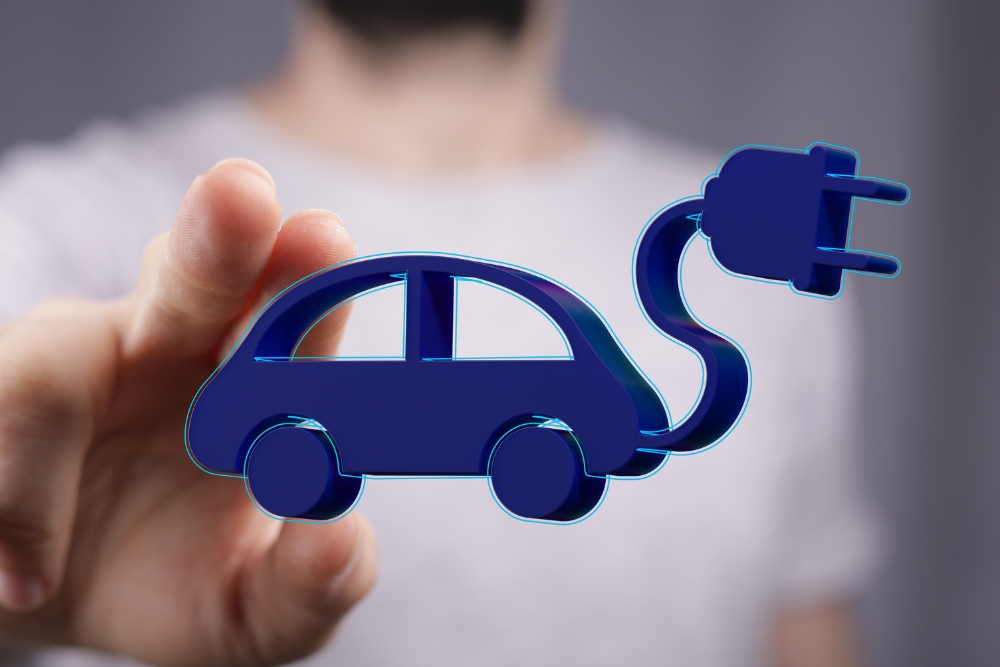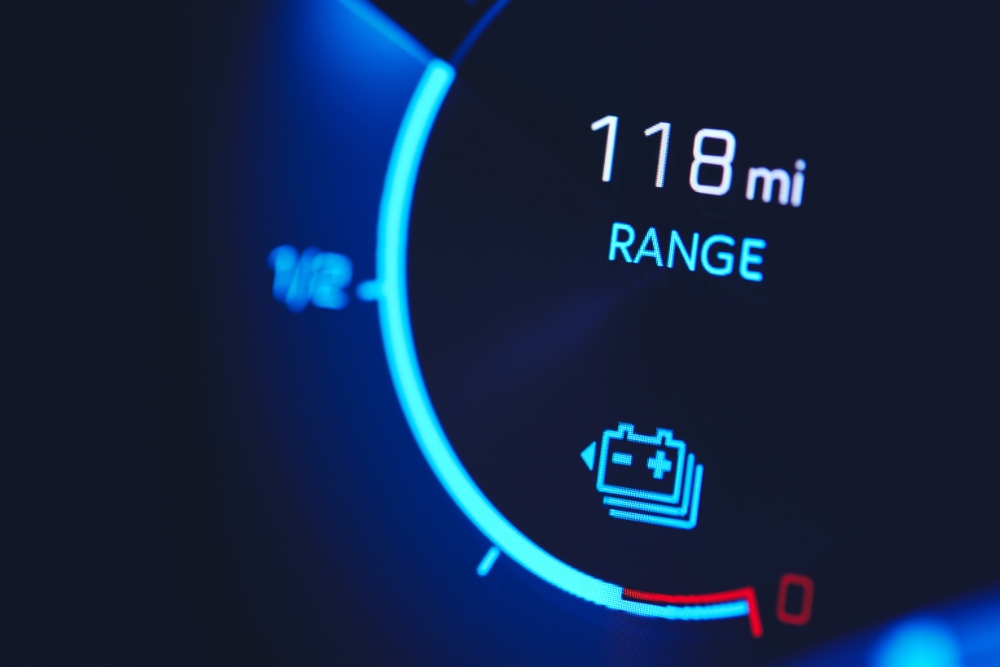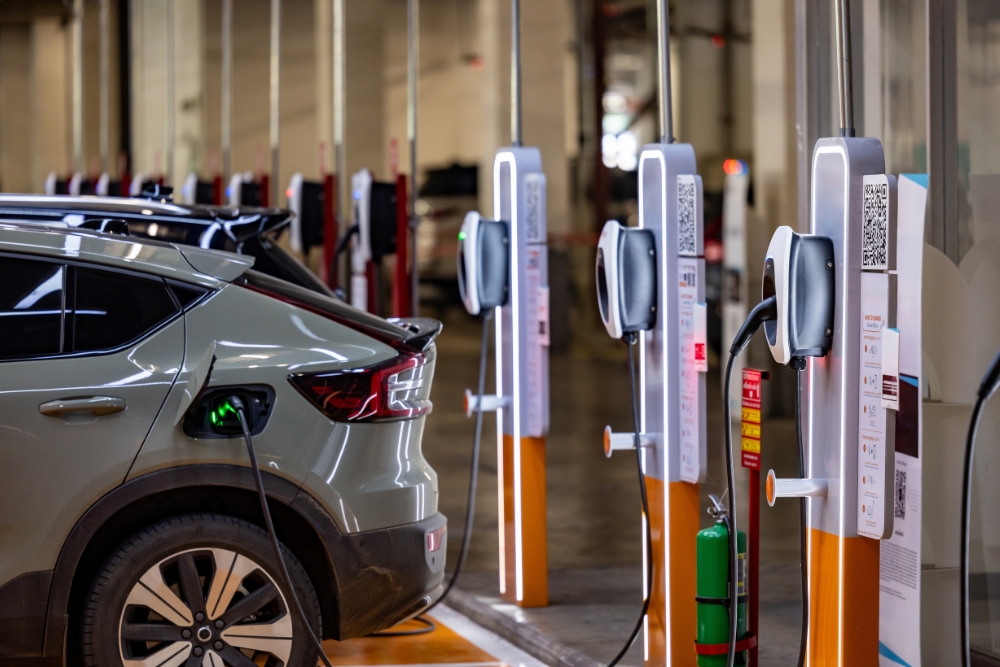Real-world EV range, costs, and charging explained
By SG Fleet | 14 November 2025

Concerns about electric vehicles are often shaped by outdated ideas. Misconceptions over real-world EV range, charging speed, and more, myths are still having a negative impact on how many people think about making the switch. These days, the reality is very different. The market has access to better batteries, clearer pricing, and smarter charging tools, which make the day-to-day running of an EV not only manageable but increasingly cost-effective.
Real-world EV range today
A few years ago, people tended to assume that electric cars could barely manage a long commute without recharging. This isn’t the case anymore. The average real-world EV range is now around 300 miles. When we consider that the average daily mileage in the UK is around 19 miles (137 a week), this is usually more than enough for a week’s typical driving.
Range is, of course, affected by driving style, temperature, and terrain. Winter conditions can reduce performance, though it’s worth noting that petrol cars also consume more fuel in cold weather. The key is understanding the real-world EV range of your chosen model rather than relying on laboratory figures.
For most daily use, range anxiety is no longer a realistic concern. Public charging networks have grown to over 88,000 charge points in the UK, which is a major increase in the last year. The end result is that drivers are rarely far from a top-up, and many rely mainly on home or workplace charging anyway.

Running costs compared with petrol
On average, EVs still tend to cost more upfront, though the gap is closing. Thanks to more affordable entrants to the electric car market, EVs cost only 18% more than ICE vehicles as of this year, with some budget options undercutting traditional cars. Beyond this, the day-to-day savings are definitely noteworthy. Research shows that EVs save an average of £350 per year in running costs compared with petrol, even with higher electricity prices.
Home charging is the cheapest option.
Off-peak tariffs can be as low as 8- 10p per kWh, which translates to just 2- 3p per mile. Standard domestic rates are usually higher, around 28-30p per kWh, but still cheaper than petrol per mile. Public charging is more expensive, but even here, costs are coming down. The Zapmap Price Index shows the weighted average price across UK public chargers has dropped from 76p/kWh to 71p/kWh.
Take the Audi Q4 55 e-tron as an example.
A full charge gives up to 320 miles of range and uses roughly 100kWh of energy. Using the price per mile above, charging at home on an off-peak tariff of 10p/kWh, that works out at about £10 for a full charge. On a standard domestic rate, it’s higher, but still only around £29 in total.
Preserving battery life.
Best practice tends to be to charge little and often, as far as battery health is concerned. Aim for a daily limit of around 80%, and try to avoid sitting at 100% unless you need maximum range. Frequent rapid DC charging can also accelerate degradation, so if you can, it’s best to reserve this for convenience on longer trips.
EV charging costs and hidden fees
One common EV charging myth is that charging prices using infrastructure like fast-charging or public charge points are confusing, with “hidden” costs. While some operators add fees, the good news is that regulation is catching up. From 2025, new rules will require clear price displays, contactless payment options, and greater reliability across the UK network. Drivers now have better visibility of what they’ll pay before plugging in.
Charging speed and availability
Another myth is that EVs take too long to charge. In reality, it hugely depends on the type of charger and how much range you need. A 7kW home charger will add roughly 30 miles of range per hour, which is ideal for overnight charging. Rapid 50kW public chargers deliver 100 miles in around 30 minutes, and ultra-rapid 150-350kW chargers can add 200 miles in 15-20 minutes. This means domestic charging is straightforward, and long-distance obstacles to EV use are much less prominent.

Tools that make EV driving easier
The growth of UK EV charging apps has also transformed the EV ownership experience. Apps like Zap-Map let you plan routes, check availability, and pay for charging through a single platform. On the home-charging front, our partner Ohme brings a smart-charging platform into the mix: the Ohme app lets you schedule charging, set “ready by” targets, cap your cost, view usage history, and connect your tariff so your EV charges at the cheapest times.
Other tools like “A Better Routeplanner” (ABRP) help you to plan long journeys with charging stops factored in, while vehicle software itself is becoming increasingly smart at managing charging schedules and finding the most efficient route. Many new EVs also have built-in navigation systems that can direct you to the nearest charging stations on your route, too. It’s innovations like these that help address the most common EV charging myths and give drivers confidence that they’ll always be able to charge conveniently and affordably.
Want to make the switch to EVs with confidence?
With clear data on real-world EV range, transparent EV charging costs, and smarter tools like UK EV charging apps, going electric has never been easier. SG Fleet makes the move simple with flexible leasing, expert support, and solutions that keep you on the road without the guesswork.
Our Novalease and Salarylease solutions give access to any vehicle, including EVs. One fixed monthly payment covers insurance, maintenance, and servicing. No deposit. No hidden fees.
It’s easy to use and flexible for employees and is cost-saving for employers. It helps attract talent, retain staff, and meet sustainability targets. Take the next step today and get in touch to put yourself or your team behind the wheel of an EV.
FAQs
How long do most EVs take to charge at home?
The average electric car with a 60kWh battery takes roughly 8 hours to charge from empty to full with a 7kW charge point. Most drivers tend to top up when they can.
What is the average lifespan of an EV battery?
Modern EV batteries are designed to last well over 10 years. Most are also covered by long warranties to give peace of mind. If you lease your EV with SG Fleet, you can get maintenance and servicing included.
Can I take long trips in an EV?
Yes. Route planners and rapid chargers are widely available, which has made real-world EV range much longer. This means that long-distance driving is now routine for EV owners.
Are EVs really cheaper to run overall?
Yes. Even accounting for higher upfront costs, lower fuel, tax, and servicing costs make EVs cheaper over time.


.png)


.png)
.png)
.png)